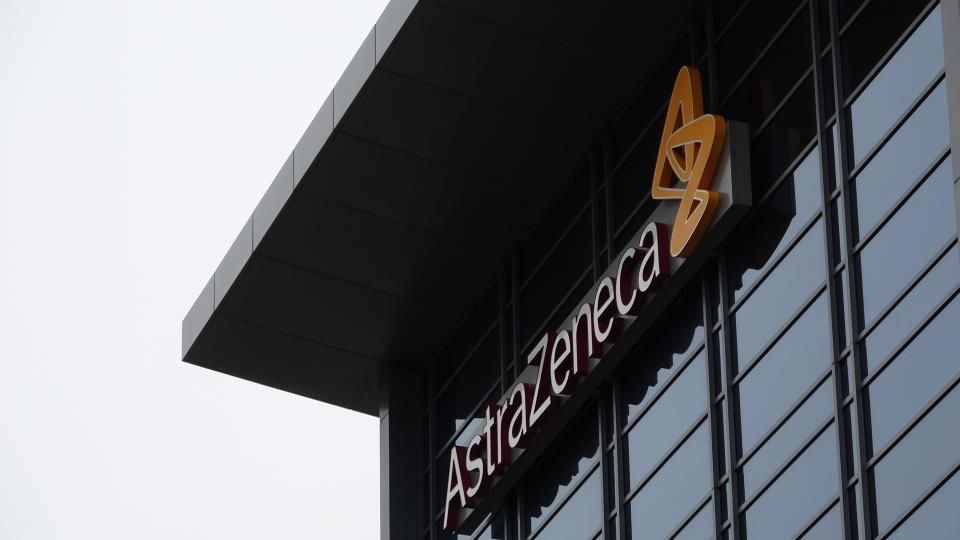Coronavirus: AstraZeneca to supply potential COVID-19 vaccine in September

AstraZeneca (AZN) confirmed that it will begin to supply a potential vaccine to battle the COVID-19 infection by September.
The pharmaceutical giant said in a statement that it has the capacity to manufacture 1 billion doses of the University of Oxford’s potential vaccine through 2020 and 2021 and it has already secured the first agreements for at least 400 million doses of the vaccine.
The new coronavirus has so far infected nearly 5 million people and killed more than 300,000 across the globe.
The vaccine, previously known as ChAdOx1 nCoV-19, but now known as AZD1222, is being developed by the Jenner Institute and Oxford Vaccine Group at the University of Oxford.
AstraZeneca said it has now finalised its licence agreement with Oxford University for the “recombinant adenovirus vaccine.”
On 14 April, AstraZeneca said it would start a clinical trial to assess the potential of Calquence in the treatment of the exaggerated immune response associated with COVID-19 infection.
On 30 April, AstraZeneca and the University of Oxford announced that they had teamed up to make and distribute a potential coronavirus vaccination, as scientists across the world race to develop drugs to combat the pandemic.
There are more than 70 coronavirus vaccines currently in the works and a finished product could take more than a year to emerge. The usual lead time for the development of a vaccination is five to seven years.
The group also confirmed on Thursday that “today’s announcement is not anticipated to have any significant impact on the company’s financial guidance for 2020; expenses to progress the vaccine are anticipated to be offset by funding by governments.”
Watch the latest videos from Yahoo Finance UK

 Yahoo Finance
Yahoo Finance 
